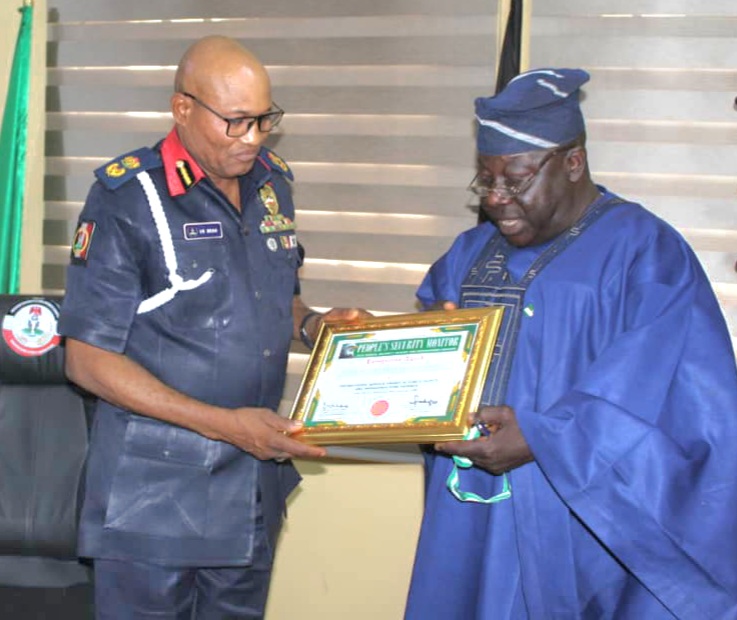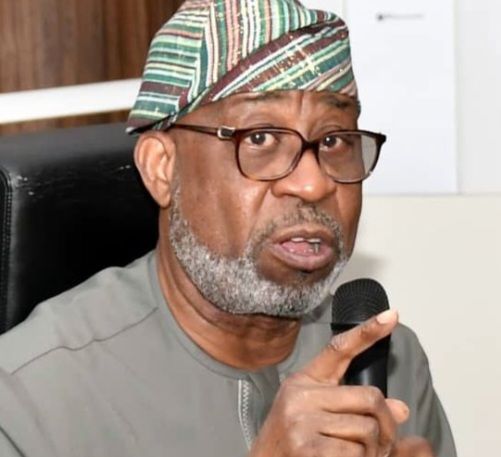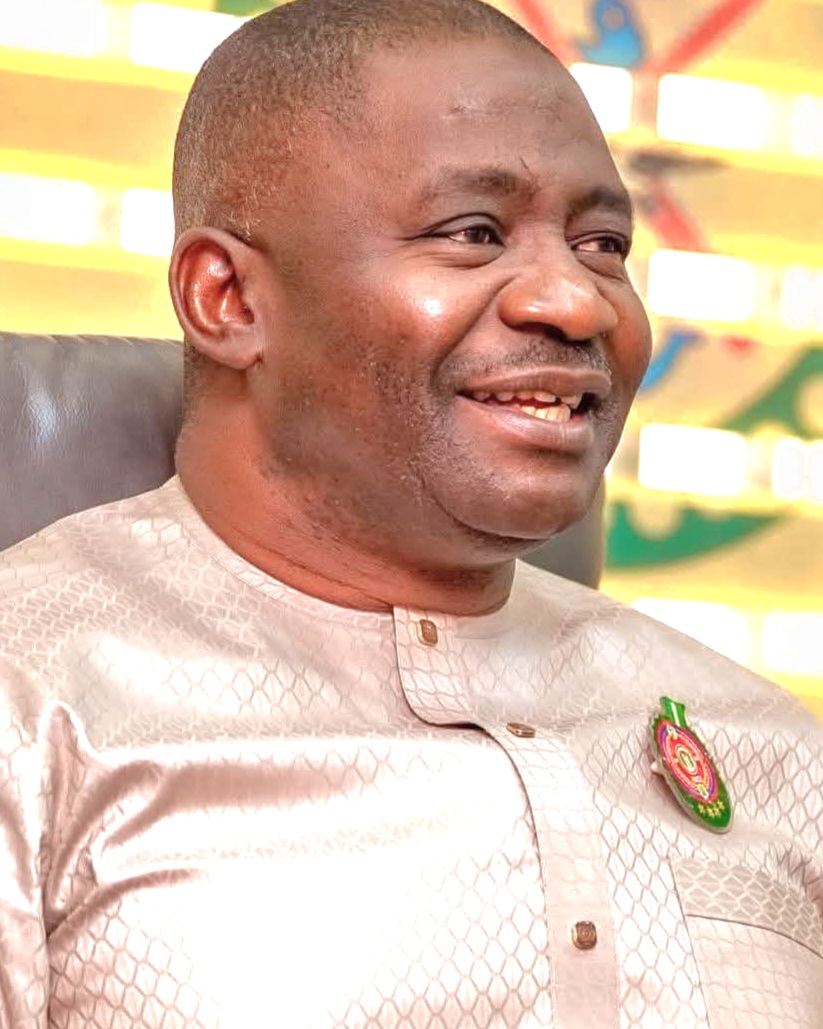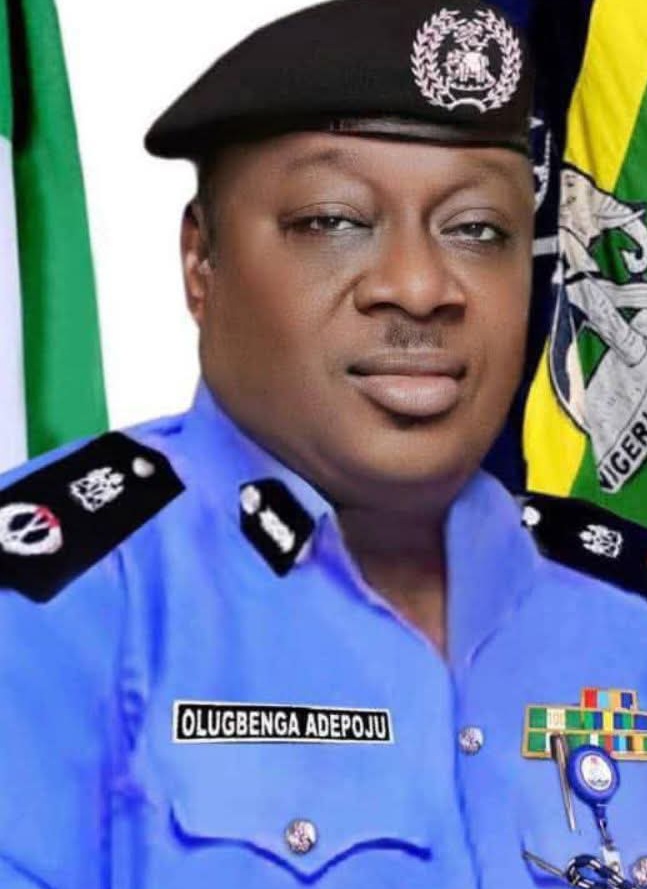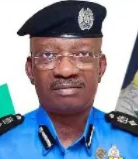
Pix; Kayode Egbetokun
By Isiaka Mustapha, CEO/Editor-in-Chief, People’s Security Monitor
In a country constantly reeling from the tremors of violent crime, armed banditry, communal clashes, and kidnappings, Nigeria’s security situation has become an unstoppable nightmare. And at the center of this storm readily available for blames stands Kayode Egbetokun, the current Inspector General of Police (IGP), saddled with the unenviable task of securing over 220 million Nigerians with a grossly underfunded, undermanned, and often demoralized police force.
Egbetokun, a seasoned officer with academic and operational experience. But sound academic alone cannot fight crime. From rural Zamfara to the city streets of Lagos, from the forests of Niger State to the congested neighborhoods of Onitsha, the violence has not abated. If anything, the threats have evolved more sophisticated, more brazen.
The truth, however, is that much of the blame placed on the police chief is a misdirection. Nigeria’s insecurity problem has festered over decades, nurtured by structural failure, chronic underinvestment in internal security, and a political system that often treats national security as an afterthought. The Nigeria Police Force today has roughly 370,000 personnel, yet they are expected to serve a country of over 220 million people. That puts the ratio at approximately one officer per 595 citizens, well below the United Nations’ recommended benchmark of one officer per 450 citizens.
This shortfall is only the beginning. The typical Nigerian police station suffers from acute logistical deficiency. Officers are often forced to buy their own stationery, patrol without fuel, and investigate cases without forensic tools or functional databases. While crime becomes more organized and lethal, Nigeria’s security infrastructure remains archaic. How, then, can the IGP win this war?
The force he leads is battling for legitimacy in the eyes of the public. Years of brutality, extortion, and indiscipline have eroded citizen trust. Despite efforts at reform,including the post-EndSARS policing agenda, the gulf between the police and the populace remains wide. Yet, under Egbetokun, attempts have been made to restore professionalism and community engagement. Training programmes have been scaled up, operational units restructured, and inter-agency coordination slightly improved. But these efforts are not sufficient enough to remedy a system that had gotten rotten for decades.
Even more heartbreaking is the fact that the Nigerian Police are often deployed to tasks that distract them from their core duties such as: guarding VIPs, manning checkpoints for revenue, or being used as political tools during elections. In a country where about 150,000 police officers are said to be guarding politicians and private elites, what remains for the average citizen?
Egbetokun walks a tightrope, balancing the demand for public safety with the harsh realities of a failing system. His challenges are systemic, not personal. To expect miracles from him is to misunderstand the depth of Nigeria’s security decay. Until the police force is restructured, adequately funded, depoliticized, and supported with modern infrastructure and intelligence capabilities, no IGP no matter how brilliant, can succeed.
What Egbetokun needs is not just criticism but institutional backing. He needs a government that prioritizes safety above political expediency. He needs citizens who understand that security is not just a job for the police, but a collective responsibility. And most of all, he needs the pity, or rather, the empathy of a nation that has handed him a rusted sword and asked him to slay a fire-breathing dragon.
In a country where headlines are often soaked with blood, and the sound of gunfire is no longer startling, Egbetokun is not just the man in charge; he is the face of a security system desperately crying out for help. And for that, he truly deserves our pity.

